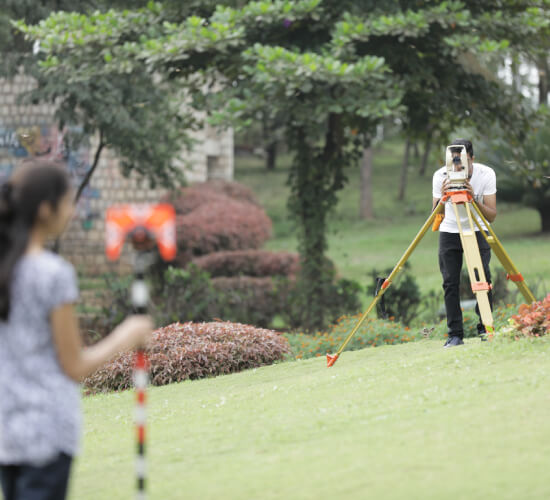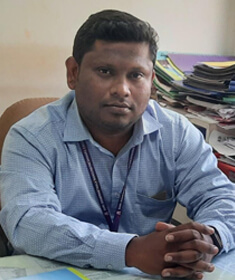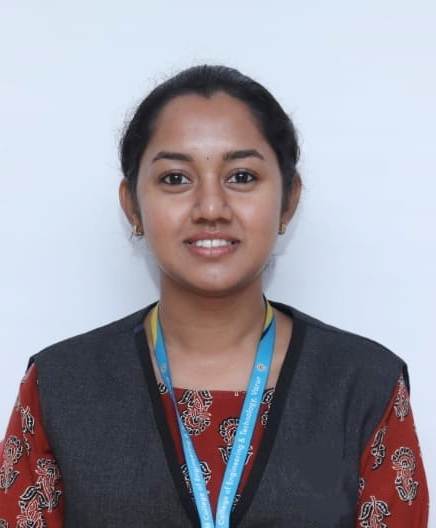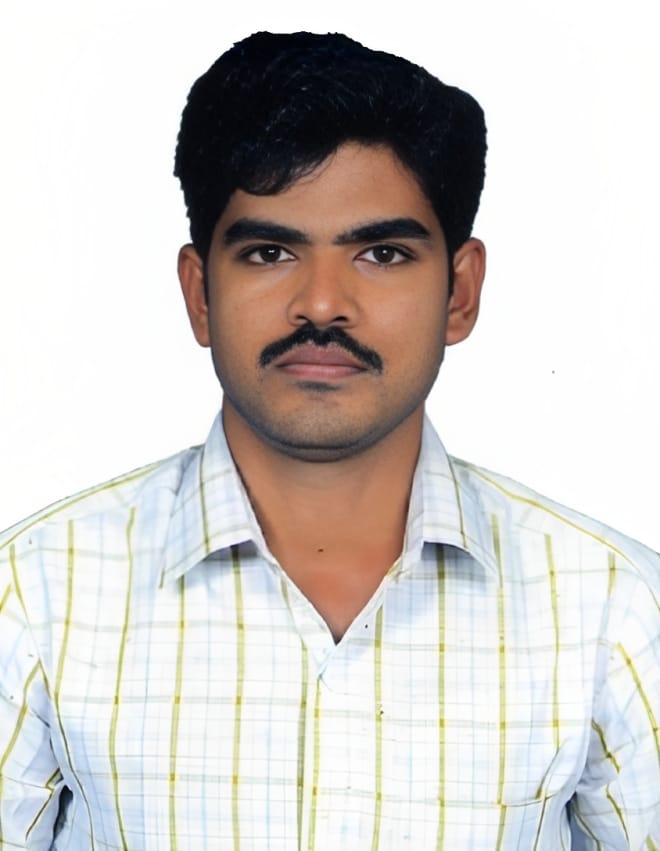Overview:
DEPARTMENT OF CIVIL ENGINEERING
Department of Civil Engineering was started in the year 1979 with an intake of 30 for UG program. The intake was increased to 50 in 1994 and to 90 in 2009. The Department was granted autonomy by VTU, Belagavi in 2007. The department has been accredited thrice by NBA, in 2002 for the first time, in 2005 for the second time and recently in March 2020 for the third time (under Tier-1). The department has been recognized as Research Centre by VTU, Belagavi since 2002. The department is actively engaged in the Material Testing & Consultancy. In the year 2005-06, the department started PG program, M.Tech. in Computer Aided Design of Structures(CADS) with an intake of 18.
- Year of Establishment: 1979
- Head of Department: Dr. R. J. Fernandes
- NBA Accreditation Status: Academic Years 2020-2021, 2021-2022 and 2022-2023 i.e. up to 30.06.2023; Further accredited for Academic Year 2023-24, 2024-25 and 2025-26, i.e., upto 30/06/2026
- Current Intake: 90
- Phone Number: 0836 232-8222


Vision:
To be the center of excellence providing the state of art civil engineering education developing competent engineers responsible for serving the society.
Mission:
- The development of robust curricula to meet the industrial expectations.
- Interactive teaching-learning process with modern educational tools & soft skills.
- Establishing synergy between teaching and research with ethical values.
- Industry-Institute interaction.
PEOs & POs
Programme Educational Objectives(PEOs)
UG – Civil Engineering: PROGRAM EDUCATIONAL OUTCOMES (PEOs)
| PEO 1 | Technical Adeptness | The Civil Engineering Graduates will be technically adept to specific fields and other disciplines. Management towards Planning, Design, and Costing. Their technical skills and knowledge will enable them to perform their work with a commitment and quality, timeliness with continuous improvement. |
| PEO 2 | Interpersonal Skills | Civil Engineering Graduates will exhibit effective interpersonal skills in teams and at workplace. |
| PEO 3 | Awareness of Social Impact | Graduates will be made aware of causes of impacts due to the development and to identify remedial measures if necessary. |
| PEO 4 | Professionalism | Understanding of professionalism, ethics, quality performance, sustainability and allow them to be professional leaders and contributors to society through their problem-solving capabilities and executing the work. |
| PEO 5 | Continuous Learning | Civil Engineering Graduates will exhibit interest in lifelong learning including studies leading to professional licensure or higher studies in engineering that provides for continued development of their technical ability and management skills. |
Programme Outcomes(POs)
UG – Civil Engineering: PROGRAM OUTCOMES (POs)
Engineering Graduates will be able to:
| PO | Short Title of the PO | Description of the Programme Outcome (PO) Engineering Graduates will be able to: |
|---|---|---|
| PO-1 | Engineering knowledge | Apply the knowledge of mathematics,science, engineering fundamentals and an engineering specialization to the solution of complex engineering problems. |
| PO-2 | Problem analysis | Identify, formulate, review research literature and analyze complex engineering problems reaching substantiated conclusions using first principles of mathematics, natural sciences and engineering sciences. |
| PO-3 | Design/development of solutions | Design solutions for complex engineering problems and design system components or processes that meet the specified needs with appropriate consideration for the public health and safety and the cultural, societal, and environmental considerations. |
| PO-4 | Conduct investigations of complex problems | Use research-based knowledge and research methods including design of experiments, analysis and interpretation of data and synthesis of the information to provide valid conclusions. |
| PO-5 | Modern tool usage | Create, select, and apply appropriate techniques, resources and modern engineering and IT tools including prediction and modeling to complex engineering activities with an understanding of the limitations. |
| PO-6 | The engineer and society | Apply reasoning informed by the contextual knowledge to assess societal, health, safety, legal and cultural issues and the consequent responsibilities relevant to the professional engineering practice. |
| PO-7 | Environment and Sustainability | Understand the impact of the professional engineering solutions in societal and environmental contexts and demonstrate the knowledge of and need for sustainable development. |
| PO-8 | Ethics | Apply ethical principles and commit to professional ethics and responsibilities and norms of the engineering practice. |
| PO-9 | Individual and team work | Function effectively as an individual and as a member or leader in diverse teams and in multi-disciplinary settings. |
| PO-10 | Communication | Communicate effectively on complex engineering activities with the engineering community and with society at large, such as,being able to comprehend and write effective reports and design documentation,make effective presentations,and give and receive clear instructions. |
| PO-11 | Project management and finance | Demonstrate knowledge and understanding of the engineering and management principles and apply the setone’s own work, as a member and leader in a team, to manage projects and in multi-disciplinary environments. |
| PO-12 | Life-long learning | Recognize the need for and have the preparation and ability to engage in independent and lifelong learning in the broadest context to technological change. |
Programme Specific Outcomes (PSOs)
UG – Civil Engineering: PROGRAM SPECIFIC OUTCOMES(PSOs)
| PSO 1 | Technical Adeptness | The Civil Engineering Graduates will be technically adept to specific fields and other disciplines. Management towards Planning, Design, and Costing. Their technical skills and knowledge will enable them to perform their work with a commitment and quality, timeliness with continuous improvement. |
| PSO 2 | Interpersonal Skills | Civil Engineering Graduates will exhibit effective interpersonal skills in teams and at workplace. |
| PSO 3 | Awareness of Social Impact | Graduates will be made aware of causes of impacts due to the development and to identify remedial measures if necessary. |
| PSO 4 | Professionalism | Understanding of professionalism, ethics, quality performance, sustainability and allow them to be professional leaders and contributors to society through their problem-solving capabilities and executing the work. |
| PSO 5 | Continuous Learning | Civil Engineering Graduates will exhibit interest in lifelong learning including studies leading to professional licensure or higher studies in engineering that provides for continued development of their technical ability and management skills. |
Faculty

Dr. D. K. Kulkarni
Professor

Dr. Reginald Fernandes
Associate Professor & Head

Prof. Basavaraj Gudadappanavar
Assistant Professor

Prof. Mamata Mogali
Assistant Professor

Dr. Shravan A Kanalli
Assistant Professor

Prof. Praveen Kumar Sakare
Assistant Professor

Prof. Gavisiddesh S Majjagi
Assistant Professor

Prof. Prateek Cholappanavar
Assistant Professor

Prof. Suresh Hubballi
Assistant Professor

Prof. Sameer Chitnis
Assistant Professor

Prof. Kushal Kapali A
Assistant Professor

Prof. Pooja Hukkeri
Assistant Professor

Prof. Vishwanatha Bhat
Assistant Professor

Dr. Shruti Kambalimath S
Assistant Professor

Prof. Akhilesh Menashi
Assistant Professor

Dr. Mallikarjun S. Bhandiwad
Assistant Professor

Prof. Bhanupriya N
Assistant Professor

Prof. Mohan M
Assistant Professor
Syllabus
| UG |
|
Civil 1st year syllabus 2025-26 Civil 2nd Year 2022 Scheme Syllabus 2024-25 Civil 3rd Year 2022 Scheme Syllabus 2025-26 Civil 4th Year 2022 Scheme Syllabus 2025-26 |
Timetable
| Civil – Timetable ODD SEM 2024-25 |
Placements
| Civil Engineering Placement Details |
Space, Infrastructure & Facilities
|
Space, Infrastructure & Facilities |
Department Tour
Research Scholer
|
Research Scholer List Civil Best Practices |
3000 +
Students
160 +
Faculty
950 +
Placement
300 +
Support Staff
300 +
No. of Companies Visited
